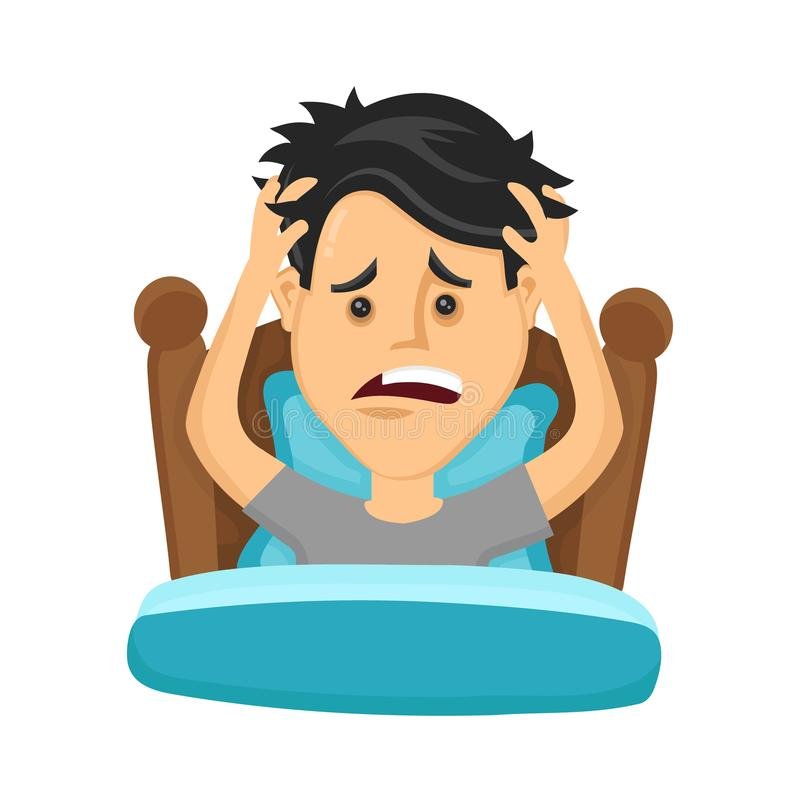Do you ever feel like you’re on a diet and not losing weight? You adhere to the diet prescribed for you, drink a lot of water (even a glass of water with lemon in the morning), exercise… You can say that you are even starving yourself, but there are simply no results. Have you ever wondered where you are going wrong?
Dr. Samir Sengavi, a general practitioner from Lloyds Pharmacy, told the British newspaper “The Sun” that many people get discouraged when they see that after a certain time, they do not lose weight, even though they have made changes to their diet.
He revealed the common and most common reasons why you are not losing weight and explains what you need to do to encourage weight loss.
Take a look at the most common mistakes he lists:
You are taking in too many calories
According to Dr. Sengavi, losing weight depends mostly on daily calorie intake.
“The recommended daily intake is 2,000 calories for women and 2,500 calories for men. That’s why it’s important to consume fewer calories than we should. If you want to lose weight, reduce your daily intake by 400 calories. With that, the ideal for women would be about 1,600 calories per day, and 2,100 calories for men,” he says.

You don’t get enough sleep
Quality sleep is important for maintaining physical, emotional and mental health. Approximately seven to nine hours of sleep per day is considered sufficient for good health in adults.
Lack of sleep has numerous consequences, one of which is weight gain.
“When we can’t sleep, our bodies release cortisol, a stress hormone that can prompt our bodies to store fat reserves ‘just in case,'” says the doctor.

Skipping meals or yo-yo dieting
“While popular, yo-yo diets don’t help you lose weight. In fact, due to these diets, you will most likely gain weight in the long run,” says Dr. Samir.
According to him, skipping meals puts our body in self-defense mode, which slows down the metabolism.
“When you eventually go back to a normal diet, it will take longer to process and burn the food,” he explains.
You don’t drink enough water
Not getting enough fluids is bad for health in general, but few people realize that it can also lead to weight gain.
Hydration increases our metabolic function, energy and reduces hunger, so there is a strong connection between drinking enough water and actual weight loss.
“If we are dehydrated, there is a ‘bug’ in our brain that can send signals of hunger and not thirst. This means that we tend to eat more when we are dehydrated to compensate for the feeling of thirst,” explains the doctor.
You are building muscles
If you’re exercising regularly and eating protein-rich foods, and your weight on the scale isn’t coming off, you may be gaining muscle.
“Check if your body is getting tighter and stronger. Maybe you feel more confident about your appearance despite what the scale shows,” concludes Samir.